Scientific Steering Committee
The activities of IHOPE are based on the collected work of all of its members. But activities are coordinated by the Project Office and its members are elected from the Scientific Steering Committee. The Scientific Steering Committee has a wide representation of scholars from across the world. The Institutional Research Nodes: Aarhus University (Denmark), Hunter College (USA), Uppsala University, (Sweden), and Cambridge (UK) are responsible for planning activities within the specific IHOPE themes. The Senior Fellows act as an advisory group and reference group for IHOPE activities and themes.
The International Project Office
The Project Office is currently located at Uppsala University’s Department of Archaeology and Ancient History.
Carole L. Crumley, Executive Director
Professor emerita of Anthropology at the University of North Carolina, Chapel Hill (USA) and Visiting Professor at the Centre for Biodiversity, Swedish University of Agricultural Sciences (Uppsala) (see below)
crumley@live.unc.edu
Karl-Johan Lindholm, Executive Co-Director
Associate Professor Department of Archaeology and Ancient History,
Uppsala University (see below) karl-johan.lindholm@arkeologi.uu.se
Anneli Ekblom, Executive Co-Director
Associate Professor Department of Archaeology and Ancient History,
Uppsala University (see below) anneli.ekblom@arkeologi.uu.se
The Scientific Steering Committee
The Scientific Steering Committee (SSC) reviews new projects, regional case studies and themes, assessing their scientific and scholarly quality. The SSC also ensures projects are aligned with the objectives of IHOPE. The SSC members spread IHOPE’s mission through lectures, contacts, and conversations. They also establish links with other research groups and organizations. Together they are responsible for providing periodic news for the IHOPE web site.
SSC Members
Stephen Acabado
Stephan Barthel
Valentina Caracuta
Jago Cooper
Sarah Cornell
Carole L. Crumley
Kristina Douglass
Anneli Ekblom
Jeremy Farr
Manuel Fernández-Götz
John Finnigan
Joel D. Gunn
Junko Habu
Steven Hartman
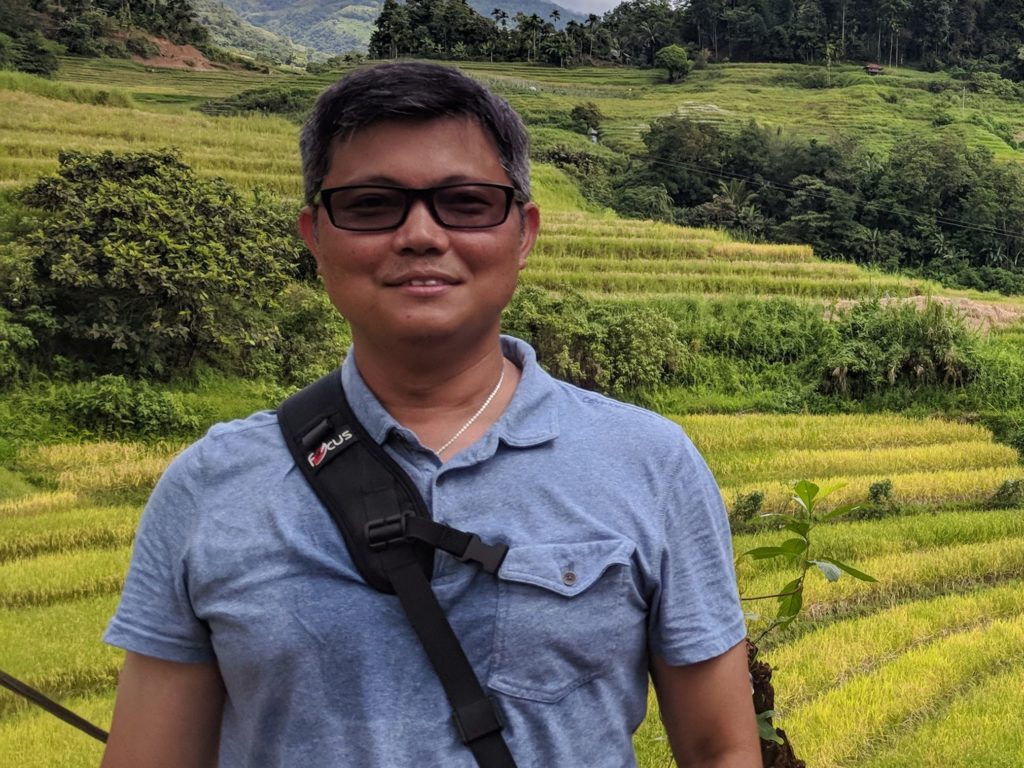
Stephen Acabado is an anthropological archaeologist whose work focuses on highland agroecocultural systems in Southeast Asia. His investigations look at the relationships among irrigated rice terraces, dryland swidden fields, agroforestry management, and water resources in Ifugao, Philippines. The Ifugao (the people) practice multiple farming strategies concurrently, which are considered complementary to each other. Although the Ifugao landscape is dominated by terraced rice fields, rice production is inherently linked, and to some degree, dependent, to swidden farms, agroforestry, gardening, and the maintenance of freshwater resources.
In addition, Acabado looks at the dynamics of the Early Modern Period (1450-1900) in Southeast Asia, particularly, the role of maritime trade in the drastic ecological and social transformations in the region. This research program also seeks to refine the data on changing climate in the region and to contrast the trendline with fine-grained data on local and indigenous communities in the region against the backdrop of the expansion of regional commerce and European engagement. The investigations aim to establish local responses to such changes and emphasize the role of indigenous societies in the context of environmental history and human ecodynamics. The multidisciplinary program hopes to articulate environmental change with social contingencies, bringing together insights and approaches from the fields of paleoclimatology, environmental history, history, archaeology, and anthropology. This collaborative research program, thus, aims to foreground the often obscured or forgotten histories of Indigenous Southeast Asia, moving away from attributing European expansion and East Asian resource extraction as the primary catalysts in the EMP transformations.
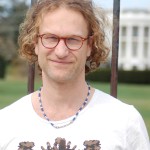
Stephan Barthel is currently director at a challenge driven research program on urban sustainability at the University of Gävle and also a researcher at Stockholm Resilience Centre. He has a background in Urban History. Barthel’s research builds on multiple streams of urban sustainability both historic and temporary. One of the research strands is the various ways urbanization can promote individual health and well-being. He is also interested in supporting research that creates better understanding for how to strengthen human-environmental relations in metropolitan landscapes (Barthel et al., 2018). He has also published historical studies on urban food security and studies on food security on the regional scale, where the concept of bio-cultural refugia was developed.
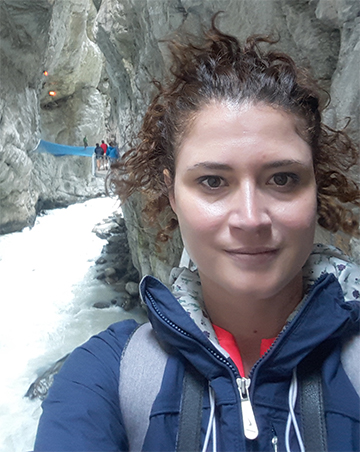
Valentina Caracuta is an environmental archaeologist and archeobotanist, who is interested in the social and ecological implications of the transition from foraging to farming, and the related process of sedentism of formerly nomadic groups in Western Asia. An underlying theme of her research is that of ‘regime shift:’ moments when a critical threshold is passed and the system shifts from one equilibrium state to another. Examples include the migration of humans to new habitats, the transition from foraging to farming, and the development of earliest forms of agriculture. She look to define the initial condition of a system and to determine which driving forces altered the initial state of the system, transforming it into something new.
As member of IHOPE, she led two projects that cut across academic fields and identify a number of indicators from the study of the past that can be useful to develop new forms of sustainable agriculture
The first directed project, ELAION- Enhancing the History of Apulian Olive Oil to Promote a Local Brand, aimed to enhance the olive tree as a symbol of the historical memory of the Apulian region SE Italy. Given the critical conditions of olive oil production in Apulia, the project ELAION offered local farmers a valid means to improve their revenues by selling an organic local brand of oil with two-thousand years of history that we established in our work (a.a. 2016-2019).
The second project, EMHILE- Environment and Migrations. The Homo Sapiens in the Levantine Corridor between 60,000 and 40,000 years ago, addresses the issue of dispersal of anatomically Modern Humans (AMH) from Africa through Western Asia and try to investigate the role of the climate and environment in the dispersal of human species across the globe. The impact of climate change on population distribution and mobility is attracting growing interest and fueling heated debate among the public. The project’s aim was to provide a model for governments around the world to look at migration as a key adaptive response to environmental and climate changes (a.a. 2016-2018).
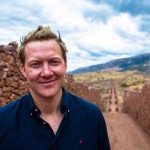
Jago Cooper is Curator and Head of the Americas Section at the British Museum since 2012. His research focuses periodicities and impacts of climatic variability and environmental change in
island societies . Key to this research are attempts to identify what lessons can be learnt for modern-day island populations, facing increasing threats from rising sea levels, precipitation variation and cyclone intensification. In 2012 Cooper and Payson Sheets published an edited book entitled Surviving Sudden Environmental Change: Answers from Archaeology, a range of related historical case studies addressed to disaster management practitioners. Cooper is most active within IHOPE Islands that facilitates inter-regional discussion between scholars working with issues of past and future human-climate-environment relationships in different island theatres around the world.
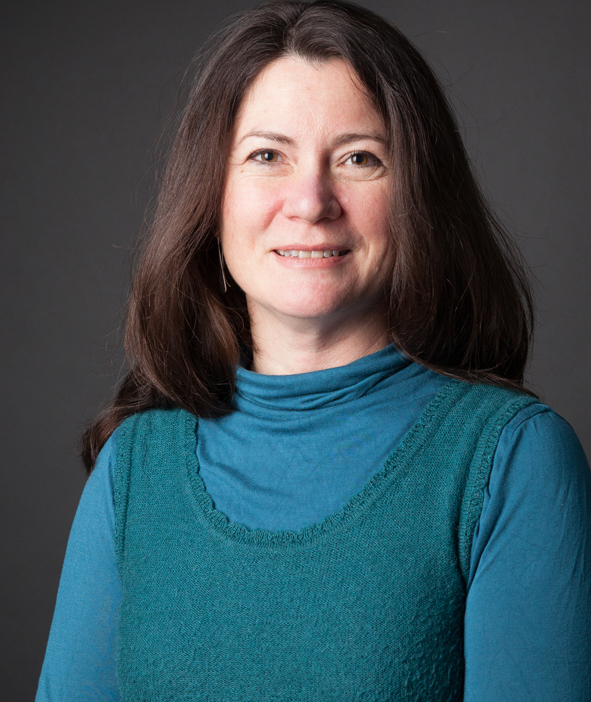
Sarah Cornell, Chair, is the Coordinator of the Planetary Boundaries research laboratory, which is part of the Stockholm Resilience Centre’s Global Dynamics research theme. She is also the co-convenor of the international Planetary Boundaries Research Network, PB.net. Her current research has a particular focus on conceptualisations of humans in the Earth system. Her main interests are in obtaining a multidimensional understanding of anthropogenic global changes and the associated changes in risks, and the philosophy and methodology of integrative research.
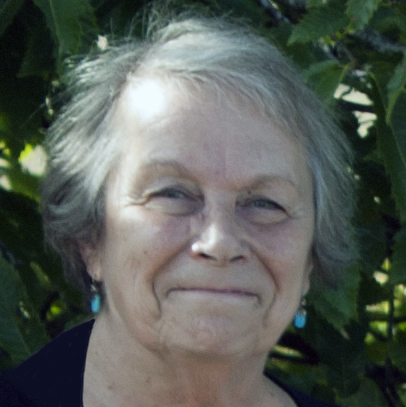
Carole L Crumley, ex. officio, is Professor of Anthropology (emerita) at the University of North Carolina, Chapel Hill (USA) and Visiting Professor at the Swedish Biodiversity Centre, Swedish University of Agricultural Sciences (SLU, Uppsala). She has been with IHOPE since 2003. Her PhD (Anthropology, University of Wisconsin-Madison) was preceded by training in archaeology, classics, geology, climatology, and ecology; she is also a founder of Historical Ecology as a field. She began fieldwork in North America and the Near East but soon focused on Europe, where with colleagues she studies long-term landscape change in Burgundy, France. Long active in international global change programs, she writes about complex dynamic systems in the social sciences, issues in transdisciplinary research, integrated global- to local-scale historical ecology, climate history, landscape evolution, social inequality, social memory and the future of the past.
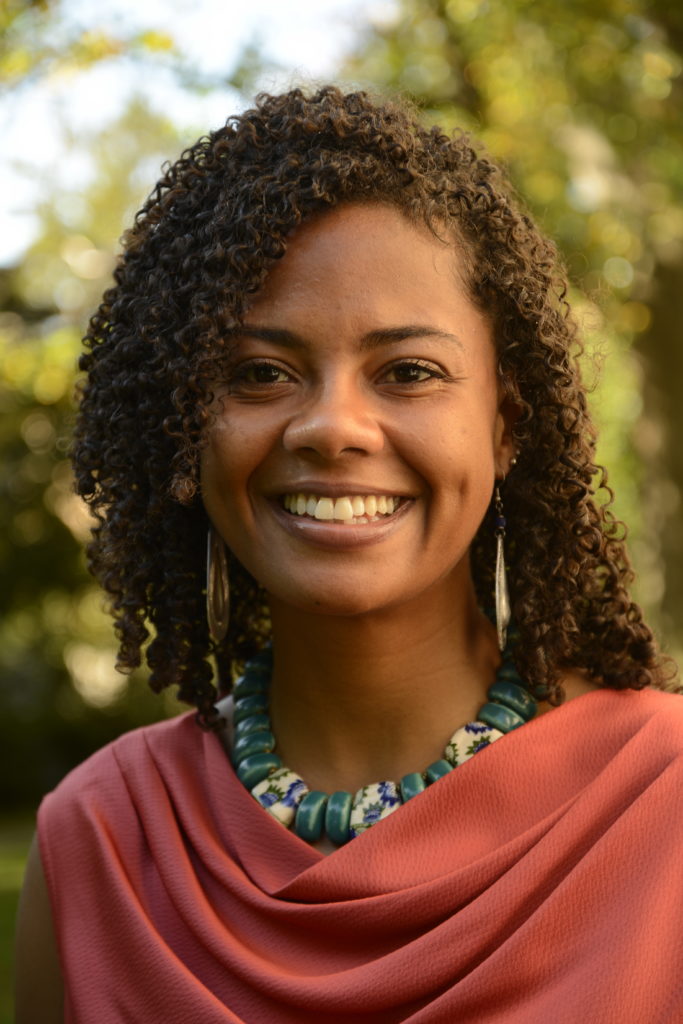
Kristina Douglass is an archaeologist who investigates how people, land- and seascapes co-evolve. She is the Joyce and Doug Sherwin Early Career Professor in the Rock Ethics Institute and Assistant Professor of Anthropology and African Studies at Penn State University. She is a Penn State Institutes for Energy and the Environment co-funded faculty member and a faculty affiliate of the Institute for Computational and Data Sciences. Douglass is also a Smithsonian Institution Research Associate. Her work is grounded in collaborations with local, Indigenous, and descendant (LID) communities as equal partners in the co-production of science, and the recording, preservation and dissemination of LID knowledge. Douglass and her collaborators aim to contribute long-term perspectives on human-environment interactions to public debates, planning and policymaking on the issues of climate change, conservation, and sustainability. Since 2011 Douglass has directed the Morombe Archaeological Project (MAP), based in the Velondriake Marine Protected Area. This territory is home to diverse LID communities, including Vezo fishers, Mikea foragers and Masikoro herders. The MAP team is made up of Velondriake LID community members, and an international group of graduate students and postdoctoral researchers. The MAP is anchored at Penn State to the Olo Be Taloha Lab (@OBTLab and https://obtlab.la.psu.edu ) for African Environmental Archaeology, which Douglass also directs. Douglass is a mother, singer, dancer, Capoeirista, SCUBA diver and avid gardener, all of which intersect in essential ways with her work as an archaeologist.
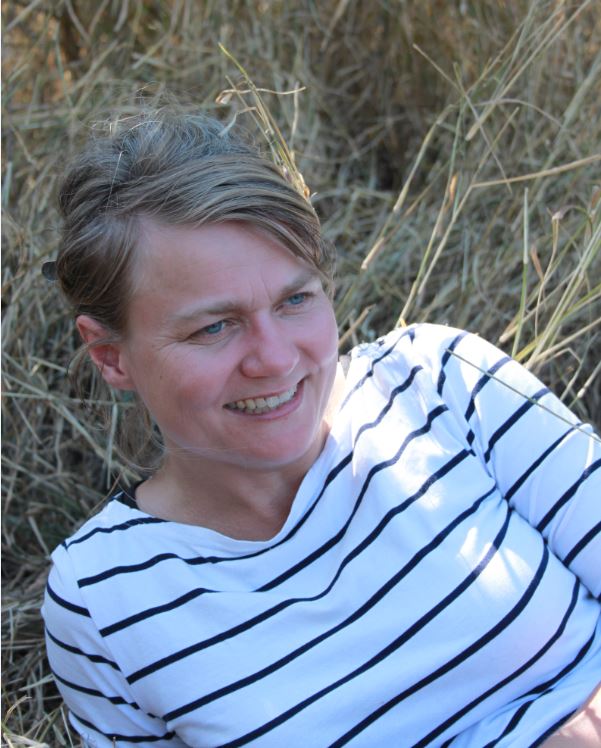
Anneli Ekblom is Professor of Archaeology and Global Environmental History at the Department of Archaeology and Ancient History, Uppsala University. Her main research interest is centred on socio-environmental dynamics; an interdisciplinary study residing in the intersection between Environmental History, Historical Ecology and Archaeology (See personal webpage) Research projects include Landscape transformations and socio-ecological management in Limpopo National Park, Mozambique; Biocultural Heritage Mozambique; Adaptation and Resilience to Climate Change (Tanzania) and The Historical Ecology of the Mälar Valley, Sweden. Anneli has also been the director CEMUS a student initiated and student organised learning centre for Sustainability, she also coordinate the MA programme in Global Environmental History.
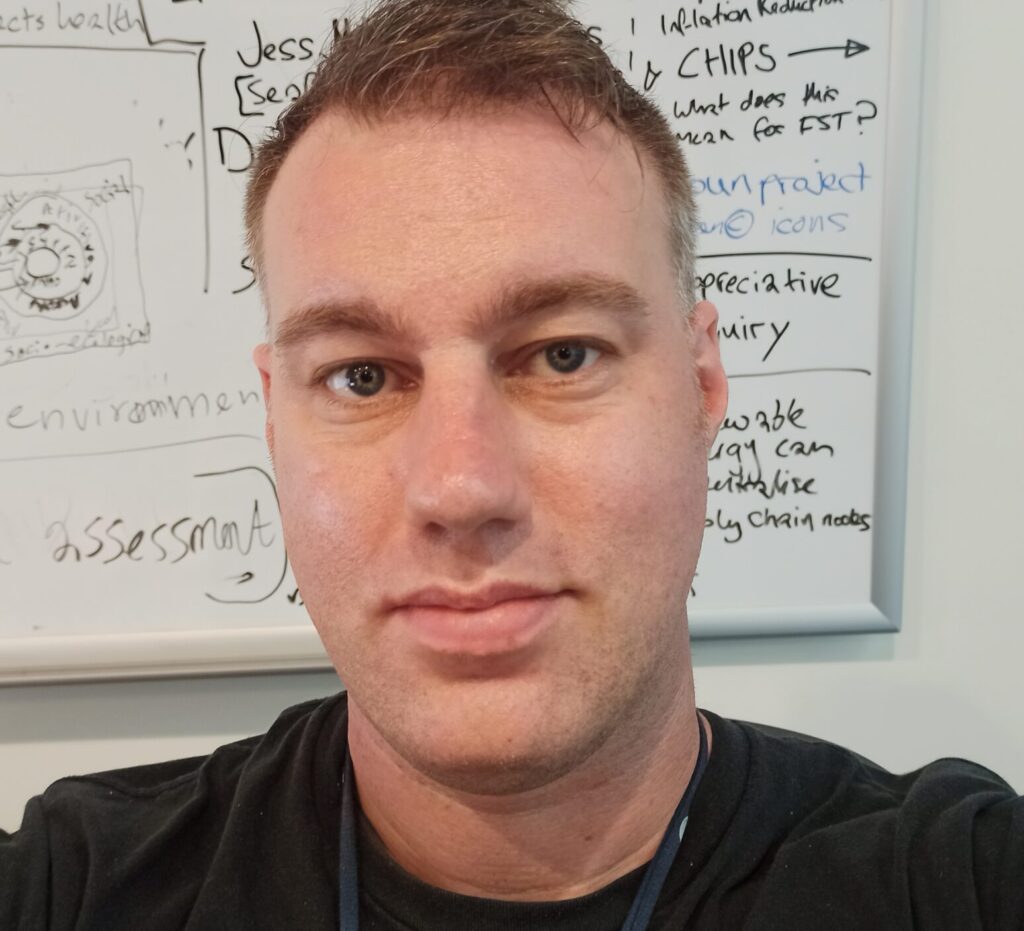
Jeremy Farr is an interdisciplinary researcher focused on the study of past and present food systems, political ecology, and multispecies entanglements. He has a background in archaeology (archaeobotany), environmental sustainability, and social science. He recently completed his PhD: The archaeobotany of food systems in southern-central Africa in the first and second millennium CE and its implications for food security in the region today. His archaeobotanical investigations of sites across Zambia have established a diachronic record of the mixed use of cereals (sorghum, pearl millet, and finger millet) and wild foods over a period of 600 years. This research was linked to the modern history of Zambia, which has experienced a century of food insecurity initiated by interventions into the Indigenous food system by the British Empire.
While continuing his work on Zambian archaeobotany, Jeremy is currently a research fellow working on food systems transformations in Australia. This work uses systems thinking to explore the dynamics between environment, technology, culture, and governance to understand how the emergent properties of these connections shape food system outcomes including health, biodiversity, food security, and social equity.
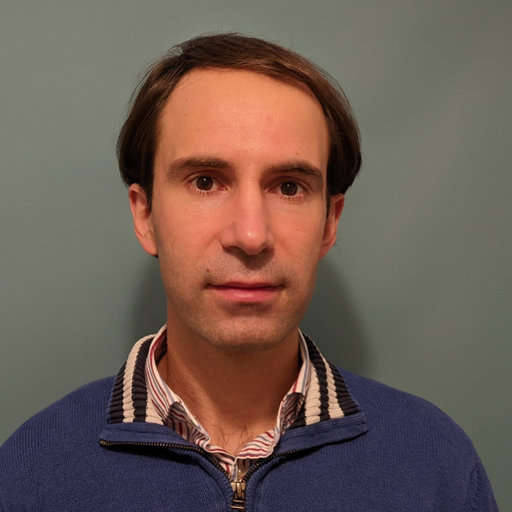
Manuel Fernández-Götz is Abercromby Professor of Archaeology at the University of Edinburgh and Trustee of National Museums Scotland. His main research interests are early urbanism, the archaeology of identities, and conflict archaeology, with a particular focus on late prehistoric and Roman Europe. He has directed fieldwork projects in Spain, Germany, the United Kingdom, and Croatia. His research has been recognised with the award of the Philip Leverhulme Prize and the Royal Society of Edinburgh’s Thomas Reid Medal. Recent publications include the edited volumes “Power from Below in Premodern Societies” (2021) and “Rethinking Migrations in Late Prehistoric Eurasia” (2023).
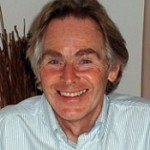
John Finnigan is the director at the Complex Systems Science Centre at the Commonwealth Scientific and Industrial Research Organisation (CSIRO), an independent Australian federal government agency. Since the 1990s he has a long experience of leading research on Complex Systems. His current activities include both global integrated assessment modelling of energy and climate mitigation and extending the Planetary Boundaries concept to the intersection of the biophysical and Social domains. This involves construction of complex systems models of the pre-industrial human-earth system with the industrial and post-industrial times. John is a Visiting Professor at the School of Geophysical Sciences, University of Edinburgh, Scotland, an Affiliate Scientist at the National Center for Atmospheric Research (NCAR), Boulder Colorado, USA, a Fellow of the American Geophysical Union and a Fellow of the Australian Academy of Science.
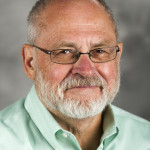
Joel D. Gunn is currently a lecturer in the Department of Anthropology, University of North Carolina at Greenboro. His interest is centred around the impact of global climate change on regional cultures around the margins of the Bermuda-Azores Subtropical High, eg. the Maya Lowlands, southeastern United States, and southwestern Europe. Gunn is currently analyzing ecological and social network data on the Maya Lowlands collected by the IHOPE-Maya working group. The objective is to characterize long term processes as products of agency-based decision making, in other words dynasties, and translate those decisions into advise for the modern world economic and cultural system.
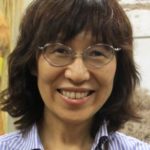
Junko Habu is Professor in the Department of Anthropology, University of California, Berkeley, and Affiliate Professor at the Research Institute for Humanity and Nature in Kyoto, Japan. As an anthropological archaeologist, she conducts research on human-environment interactions, human rights, and the long-term sustainability of human cultures and societies. Using the theoretical framework of historical ecology, her most recent research project, Long-Term Sustainability through Place-Based, Small-Scale Economies: Approaches from Historical Ecology, focuses on the importance of food and subsistence diversity, social networks and local autonomy for understanding the resilience of socioeconomic systems in the past and present. See also Junko’s personal webpage.
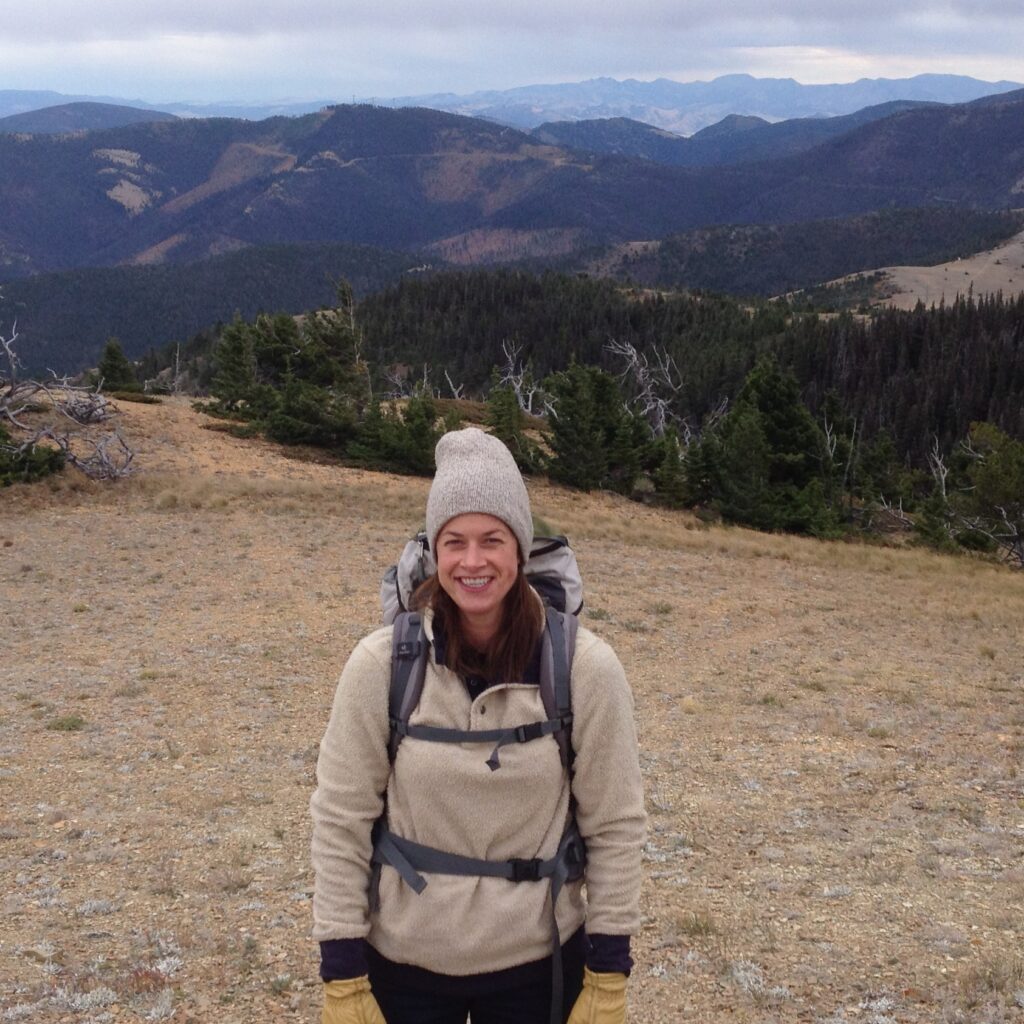
Kailin Hatlestad is a Marie Curie Ph.D. fellow at Uppsala University’s Department of Archaeology and Ancient History. Her work with the EU-funded Horizon 2020 TERRANOVA project aims to identify the most significant drivers of regional human-environmental interactions in Northwest Europe by exploring human land use and climate change. She is particularly interested in how such inter- and transdisciplinary environmental research can inform contemporary society’s response to current ecological risks. Her research interests include applied historical ecology, global change archaeology, and the use of open-source software (QGIS and agent-based modeling) to explore past and future human-environment scenarios.
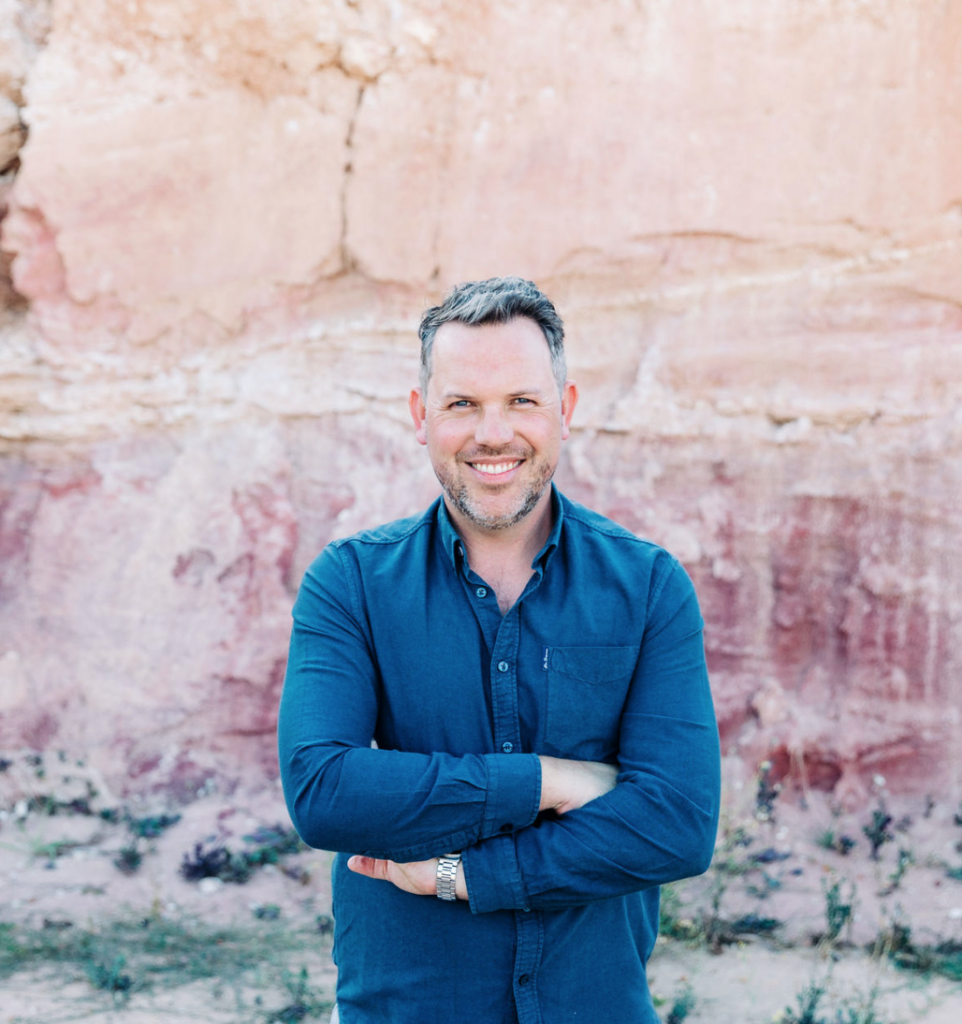
Scott Hawken is a Landscape Architect, Urban Designer, and Landscape Archaeologist and his research and teaching bring together these three disciplines in creative ways. He is a strong supporter of the kind of transdisciplinary thinking necessary to tackle the large problems of our time. Scott is the director of the Landscape Architecture and Urban Design program in the School of Architecture and Built Environment. He works across the architecture and landscape architecture programs in the school and convenes postgraduate courses in Landscape Architecture, Architecture and Urban Design. Scott is a national leader on biodiversity and landscape architecture, working with government and professional agencies to further biodiversity positive design. He is chair of AILA’s National Biodiversity Positive Working Group and a strong advocate for creative design and planning that addresses the biodiversity crisis. He has recently led projects that bring together global knowledge on rapid urban greening to help turnaround biodiversity loss in Adelaide and other cities.
Scott is a world authority on the landscape systems of Angkor, the largest city in the preindustrial world. He has presented his work on the BBC and National Geographic documentaries speaking on his research in the field. His archaeological academic background is backed up with extensive field expertise in mainland and peninsula Southeast Asia. He has published invited papers in eminent special issues and volumes including the recent “The Angkorian World” Routledge Volume. He is currently editing a special issue for the leading journal “Urban Studies”. The special issue synthesizes Archaeology and Urban Planning and Design. He is further developing this line of inquiry relating it to contemporary questions of patch urbanism and low-density urban landscapes using a mix of methods including advanced geospatial approaches and patch and network analytics. His Ph.D., awarded in 2012, involved the mapping of over 20,000km of archaeological features from 1000 sq km of remote sensing imagery to gain new insights into the evolution and ecology of archaeological landscapes and green infrastructure within Southeast Asia, It generated new knowledge on the socio-economic and ecological adaptation strategies of Angkor, the world’s largest pre-modern city. Such insights advance understanding of green infrastructure and social-ecological change in a long-term context which is important for today’s societies and their adaptation to climate change and urbanization. The findings are highly significant in the context of the sustainability and durability of socio-ecological systems within megacities.
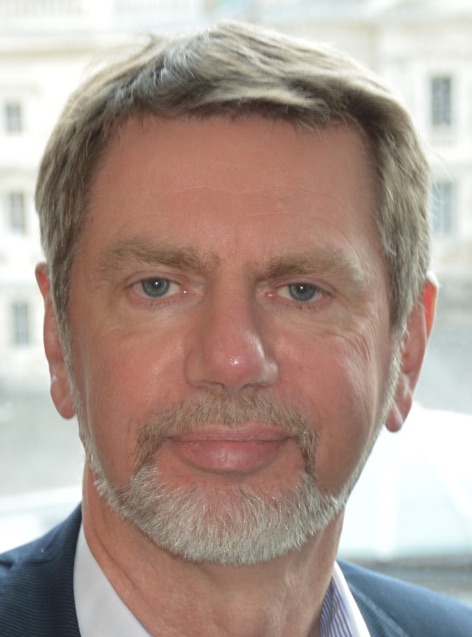
Poul Holm is Professor of Environmental History at Trinity College Dublin, Ireland, and Senior Advisor, Department of Historical Studies, University of Gothenburg, Sweden. His research focuses on the human exploitation of the sea. In the past twenty years he has led global research projects that have established marine environmental history as a new and fruitful field of collaboration between the humanities and the natural sciences. His NorFish project (2015-2020), documented that pre-modern North Atlantic marine extractions were of an order of magnitude comparable to 20th century fisheries. This finding challenges notions of relatively unimpacted marine ecosystems before the Industrial Age and the role of marine resources for human Atlantic crossings. He now leads a six year research project to build a World Atlas of Human Marine Exploitation through the last two millennia (ERC Synergy 4-OCEANS). Poul co-directed the report Food from the Oceans which informed the European Commission of policy options for sustainable marine foods towards 2050. He co-authored the Humanities World Report 2015. He was President of the European Alliance for the Social Sciences and Humanities and serves now as Chair of the Humanities Class of Academia Europaea.
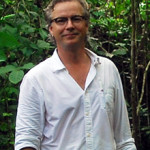
Christian Isendahl (Ph.D., Uppsala University, 2002) is Associate Professor and Senior Lecturer of Archaeology at the Department of Historical Studies, University of Gothenburg. His main research interests concern issues of long-term sustainability and resilience, and he applies a historical ecological lens to study urbanism, farming systems, water and soil management, and socio-political organization, with a particular focus on urban farming. He is involved in field research in the Maya lowlands of Mexico, the Central Andes of Bolivia, and the Lower Amazon of Brazil. Isendahl is a member of the IHOPE-Maya network, and the IHOPE theme Water for Life . With Daryl Stump (University of York, UK) he has recently published the Handbook of Historical Ecology and Applied Archaeology on Oxford University Press (also published online in 2015)
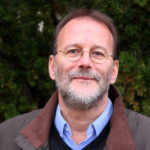
Paul Lane is Jennifer Ward Oppenheimer Professor of the Deep History Cambridge Unievrsity and Professor in Archaeology of Africa Professor of Global Archaeology, University of Uppsala. Paul was President of the Society of Africanist Archaeologists (2008-10), and Director of the British Institute in Eastern Africa (1998-2006). His main research interests are in the organisation and use of space and time in pre-industrial societies, the historical ecology of African landscapes, the archaeology of colonial encounters, cultural perceptions of place, the materialisation of memory, maritime archaeology and the transition to farming in Africa. Past projects include Historical Ecologies of East African Landscapes (HEEAL) (now completed); Resilience in East African Landscapes (REAL) (now completed). Currently he is involved in the project Adaptation and Resilience to Climate Change.
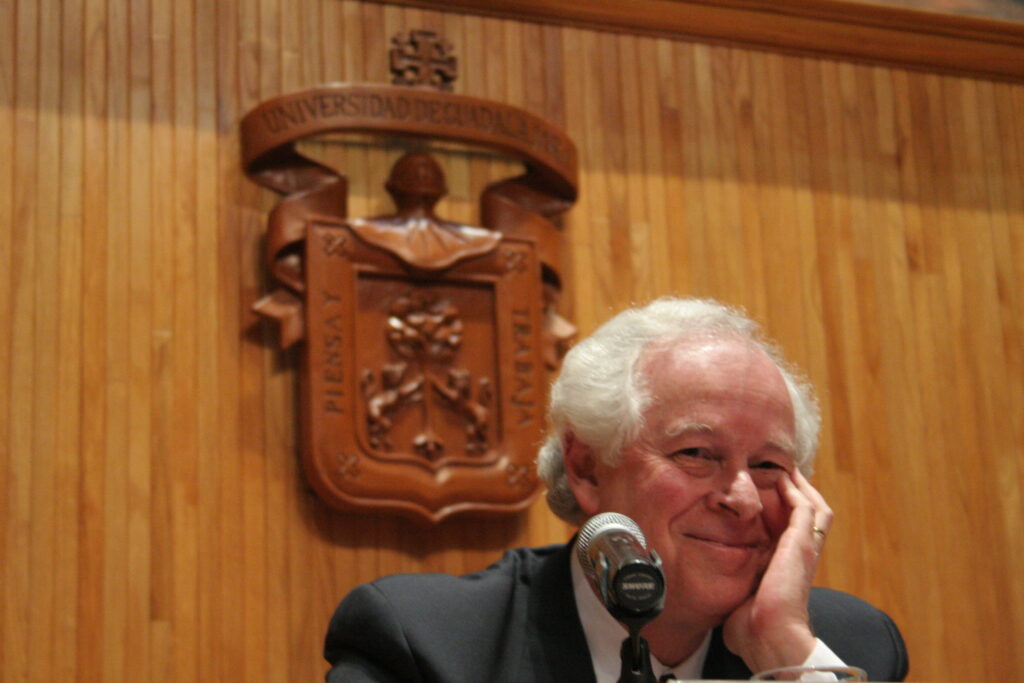
Enrique Leff is a Mexican environmental sociologist, environmental philosopher and environmentalist, Emeritus Researcher at the National Autonomous University of Mexico, UNAM and at the National Council for Science, Technology and Humanities in Mexico. Regarded as one of the key environmental thinkers in Latin America and worldwide, he has published extensively in the fields of political ecology, environmental sociology, ecological economics, environmental epistemology and environmental education. Enrique Leff is best known for arguing that environmental problems result from a crisis of Western civilization’s ways of knowing, understanding and transforming the world that he argues, is responsible for the ecological degradation of the planet by masking the conditions for the sustainability of life and other legitimate ways of thinking and acting in the world grounded on the principles of an environmental rationality: an ontology of diversity, a politics of difference and an ethics of otherness.
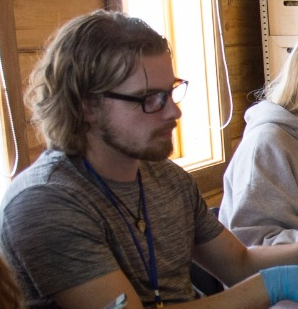
John Lind is a PhD student at Mid Sweden University in Östersund at the Department of Natural Sciences, Design and Sustainable Development (NDH) . He has a background in archaeology and sustainable development and contributes to the research project ALPMEMA – ALPine mountain hay MEadows MAnagement. The overall aim of ALPMEMA is to identify the best examples in the conservation of upland hay meadows. John was also IHOPE’s first intern.

Karl-Johan Lindholm is Professor at the Department of Archaeology and Ancient History, Uppsala University. His main research interest is long-term understandings of landscapes and land-use drawing on Historical Ecology, Integrated Landscape Analysis, including Geographical Information Systems (GIS) and Biocultural Heritage, with bearing on current approaches to the sustainable management of heritage and natural resources. In addition he is interested in past and present forms of collective action and cooperative natural resource management. He was research leader of Contesting Marginality: The Boreal Forest of Inland Scandinavia and the Worlds Outside, AD – 1500 AD (Swedish Research Council) and he was also co-investigator of the TerraNova The European Landscape Learning Initiative. These two projects were completed in 2023. Karl-Johan is a former editor of the Journal of Archaeology and Ancient History. He is currently acting as the Director for Swedigarch – Swedish National Infrastructure for Digital Archaeology.

Fredrik Charpentier Ljungqvist is Professor of History, especially Historical Geography, at Stockholm University. In addition, he is Associate Professor of Physical Geography at the same university as well as Pro Futura Scientia Fellow at the Swedish Collegium for Advanced Study in Uppsala. He is also affiliated to the Bolin Centre for Climate Research, Stockholm University. Ljungqvist’s current research interests range from the link between past climate variability and historical harvest yields, the effect of plague outbreaks on the history of European building activity, past climate variability and extremes to socio-political aspects of historical food (in)security. He frequently gives popular science lectures and makes contributions to media, and he is the author of four popular science books. In 2022 Ljungqvist was, by the Royal Swedish Academy of Letters, History and Antiquities, awarded the Rettig Prize for “interdisciplinary works concerning climate and diseases in a long-term perspective that demonstrate the importance of humanistic and historical perspectives on crucial contemporary issues”.
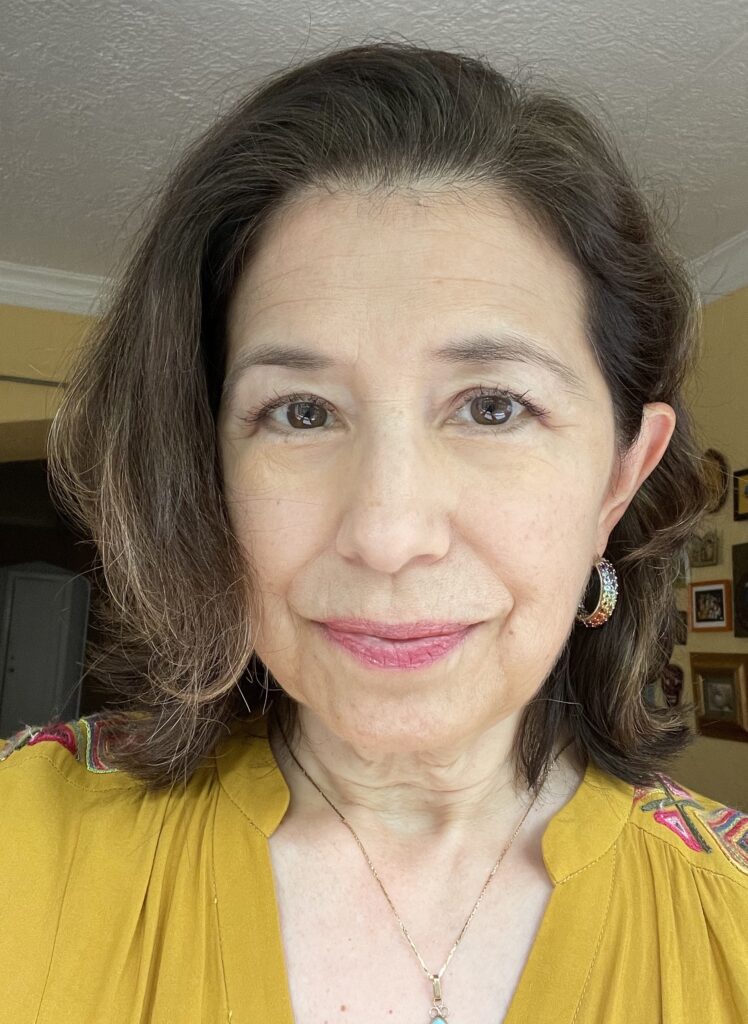
Lisa J. Lucero is a professor of anthropology at the University of Illinois Urbana-Champaign and an American Association for the Advancement of Science Fellow. As an archaeologist, her interests focus on ritual and power, water management, the impact of climate change on society, sustainability in tropical regions, and the ancestral Maya. She received her PhD from UCLA in 1994 and has been conducting archaeology in Belize for 35 years, authoring seven books and an array of articles and book chapters. She uses insights from past and present Maya knowledge and practices to promote sustainable strategies to address global climate change, detailed in a forthcoming book Maya Wisdom and the Survival of Our Planet (Oxford University Press, early 2025).
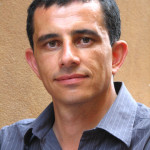
Raphaël Mathevet is an ecologist and geographer, director of research at the CNRS in the Centre d’Ecologie Fonctionnelle et Evolutive in Montpellier (France). Mixing historical and political ecology approaches, he works on the conservation of biodiversity, protected areas and conservation planning tools, adaptive co-management and, evaluation of public policies, especially in the context of Mediterranean wetlands and natural resources management. His most recent work focuses on the concept of ‘ecological solidarity’, the resilience of social and ecological systems, and the human dimensions of conservation and human/wildlife conflicts. Raphaël is a member of several scientific committees at local, regional and national levels. He is member of the steering committee of the UNESCO MAB France Committee and a member of the international advisory committee for Biosphere Reserves of the UNESCO Man and Biosphere program.

Tom McGovern is Professor at the Department of Archaeology, Hunter College. Tom is also coordinator and one of the founders of the North Atlantic Biocultural Organization (NABO). He is also invvolved in a global network of interdisciplinary teams of researchers exploring long term human ecodynamics, Global Human Ecodynamics Alliance (GHEA) that is also connected to IHOPE. McGovern is active in the GHEA alliance and IHOPE through the Circumpolar Networks program. Tom is also associate director of the Human Ecodynamics Research Center at the CUNY Graduate Center and has served on multiple NSF and international panels on arctic and interdisciplinary research. He is a researcher in IHOPE Islands and the IHOPE Global Threats to Heritage.

Nicole Miller is an artist and anthropologist with an MA in Global Environmental History from Uppsala University. She is an editor for the online environmental history publication NiCHE, editor and visual designer for Between Territory and Earth, and a member of the European Society for Environmental History Communications Committee. She works for IHOPE in the network’s Uppsala University office. Her responsibilities include designing the website, publishing the monthly newsletter, creating and editing content for the website and social media, as well as assisting in the planning of upcoming seminars, workshops and network initiatives. She is the organizer for IHOPE’s Art and Environment seminar series. If you have an idea for an event, have news to share with the network, or would like to get involved with IHOPE, she would be happy to hear from you.
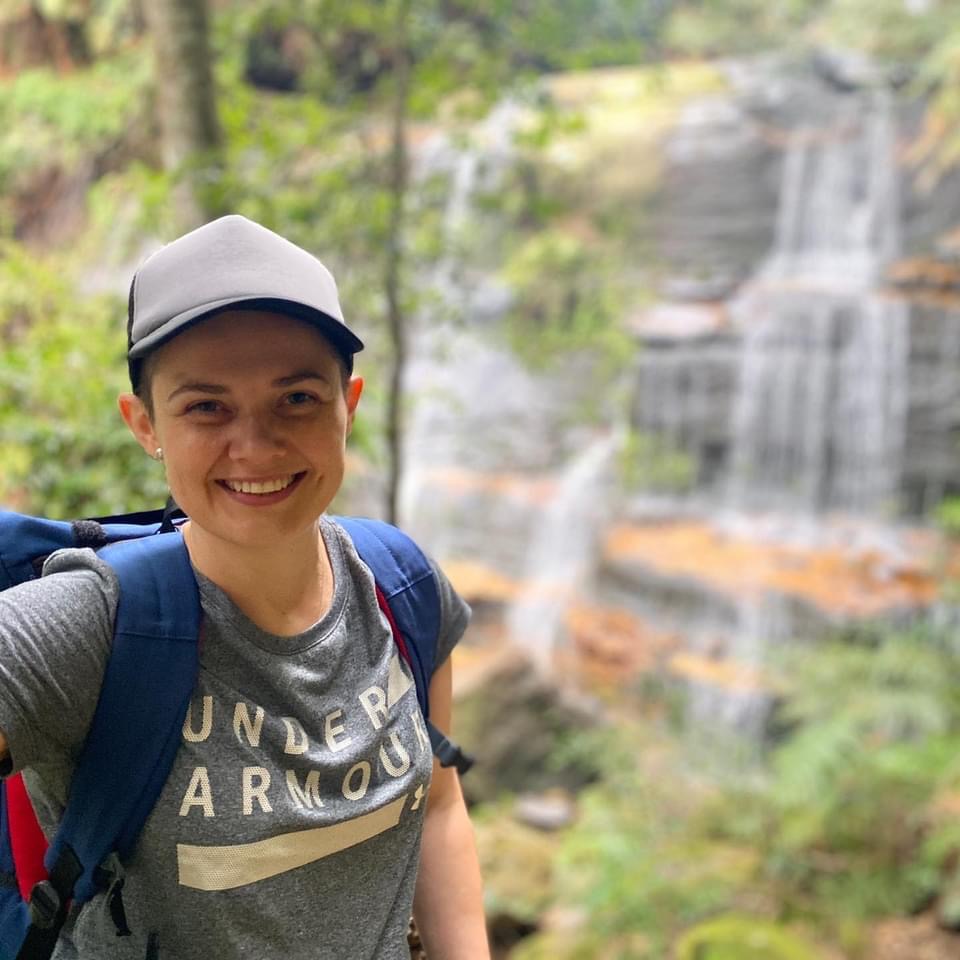
Ruth Morgan is Director of the Centre for Environmental History at the Australian National University (ANU), Australia. She has published widely on the climate and water histories of Australia and the British Empire, including her award-winning book, Running Out? Water in Western Australia (2015). She is Vice President of the International Consortium of Environmental History Organizations, a Council member of the American Society for Environmental History, and a member of the Australian and Aotearoa New Zealand Environmental History Network. She is a Lead Author on the Water chapter in Working Group II of the Intergovernmental Panel on Climate Change’s Assessment Report 6, and her next book Climate Change and International History is under contract with Bloomsbury.
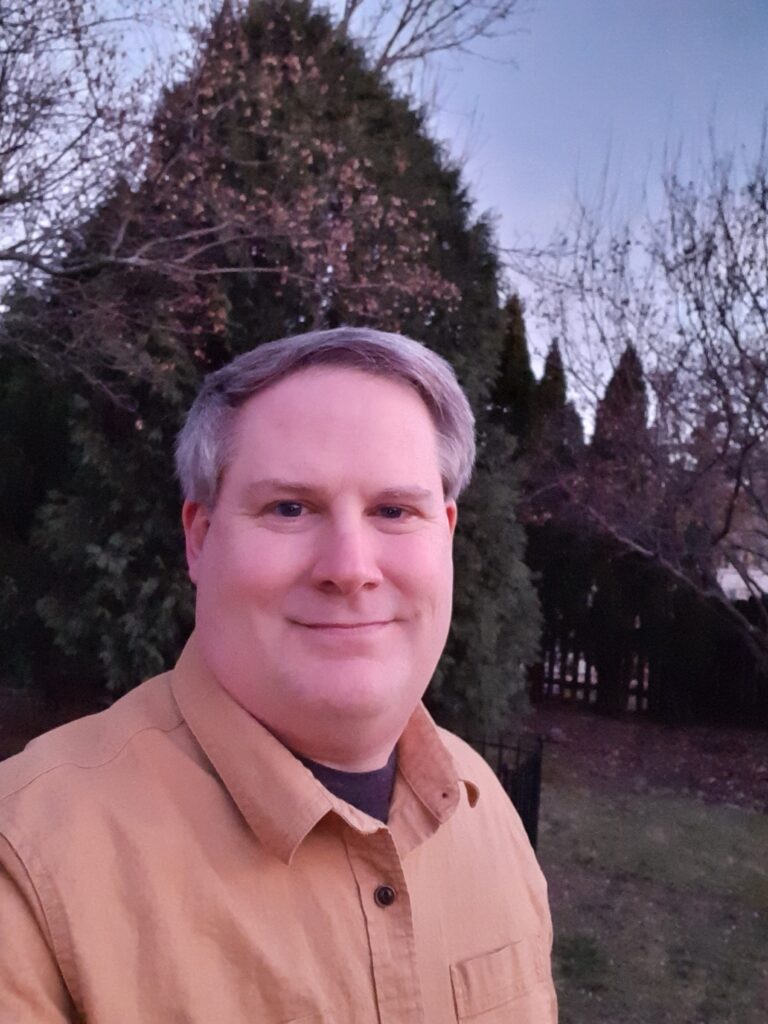
John T. Murphy is an anthropological archaeologist and a computational social scientist whose work focuses on regional sustainability. His earliest fieldwork in Guatemala looked at population density and Maya adaptation to, and use of, the specialized environments in and around the bajos. More recently, he has examined water management in ancient and contemporary Arizona and has used computer simulation to consider the impacts of different forms of commodification of water as a resource. With Carole Crumley he has recently produced a volume examining multiple archaeological contexts, including revisiting the Arizona example, as illustrations of ‘durability’: the strategies and characteristics that allow settlements and regions to endure over millennia. He is currently participating in an NSF-funded grant examining paths to transition to a circular economy in the Chicago region and in several other projects related to understanding, and planning for, environmental and energy justice. His current research projects include deconstructions of the concept of resilience and the practices of model-based thinking in archaeology, and giving consideration to the ways that these paradigms may have limited our understanding of the past and our ideas about how to build a better future.
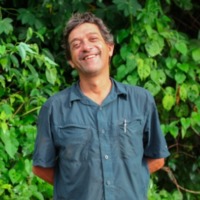
Eduardo Goes Neves has been carrying out archaeological research on the historical ecology of the Brazilian Amazon for over 30 years. Neves is Professor at the Museum of Archeology and Ethnology of the University of São Paulo, and at the postgraduate program on archaeology ofthe neotropics of Universidade Politécnica do Litoral, in Guayaquil. He is also coordinator of Arqueotrop (Laboratório de Arqueologia dos Trópicos) and of the group of research on the historical ecology of the Amazon of CNPq.Neves has a degree in History from USP and a PhD in Archeology from Indiana University. He has been a visiting professor at Universidade da Província, Buenos Aires, the French National Museum of Natural History in Paris, and at Harvard University. He is a member of the UN Science Panel for Science Panel for the Amazon. His research has been dedicated to the understanding of the relationship between indigenous populations and the environment over the last over 10,000 years which has resulted in dozens of publications, being them books, and science articles. See for instance his recent publication Peoples of the Amazon before European Colonization.
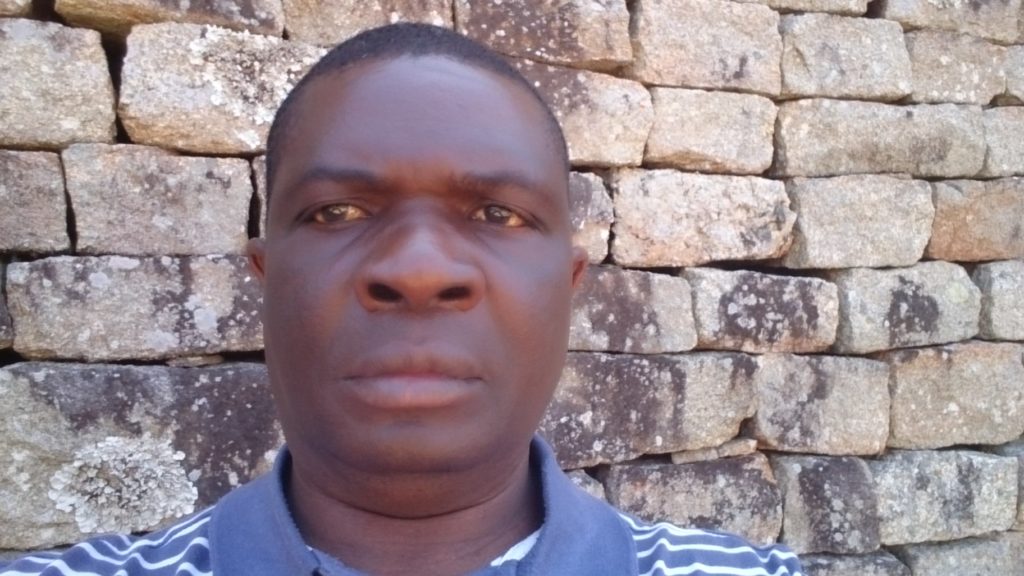
Innocent Pikirayi is Professor in Archaeology and Head of the Department of Anthropology and Archaeology at the University of Pretoria. His research focuses on the rise, development and demise of states societies in Southern Africa since the early second millennium AD. He is currently conducting geoarchaeological investigations around Great Zimbabwe to document the ancient city’s water resources, and assess the role of water in sustaining urban growth in the region. His other research interests lie in the relevance of the discipline of archaeology to contemporary societies in southern Africa.
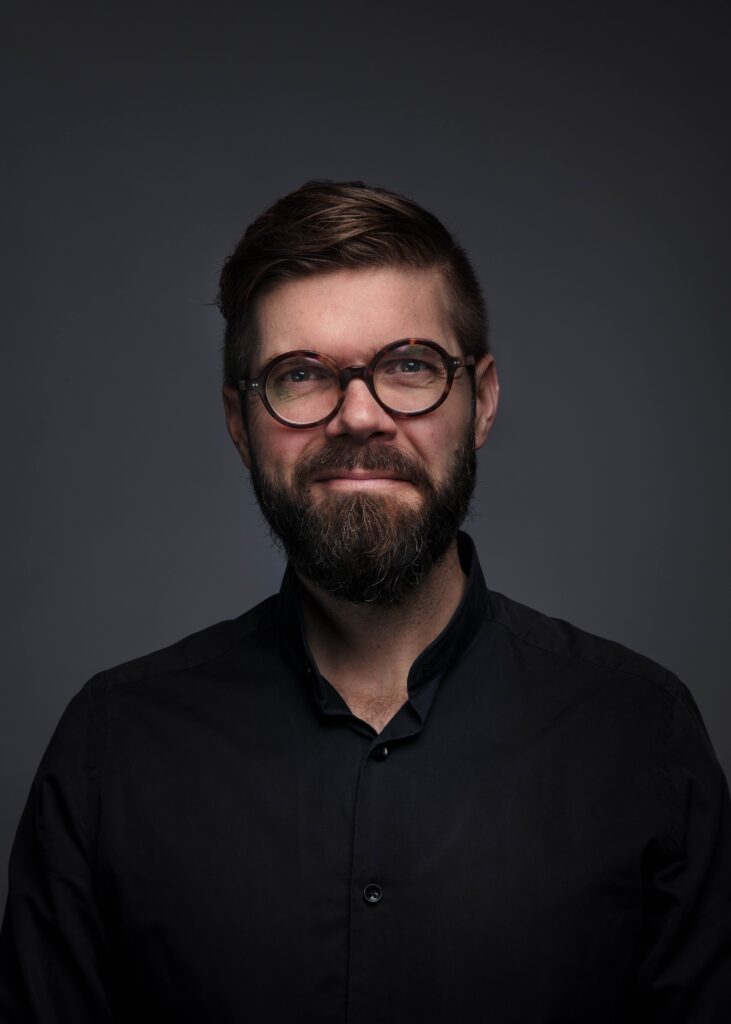
Felix Riede is Professor at School of Culture and Society, Aarhus University, Denmark, with special emphasis on the archaeology of climate change and extreme environmental events. At Aarhus University, he is director of the Centre for Environmental Humanities and core member of Center for Biodiversity Dynamics in a Changing World (BIOCHANGE). On a daily basis, he heads the Laboratory for Past Disaster Science (LaPaDiS), a research group funded by the Independent Research Council Denmark that investigates how past extreme environmental events – especially volcanic eruptions – have impacted human communities in Europe and elsewhere and how this evidence can be brought forward into current debates about climate change, resilience and vulnerability. Felix is also on the Board of Directors and Officers of the Coalition for Archaeological Synthesis.
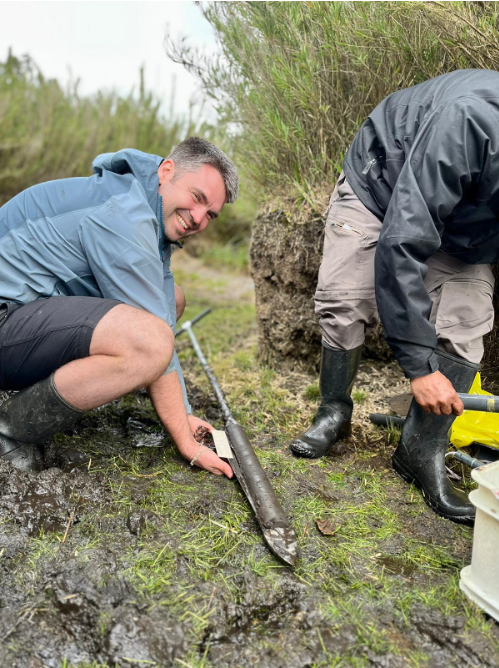
Patrick Roberts is Independent W2 Research Group Leader of the isoTROPIC Research Group and Lead Scientist of the Department of Archaeology at the Max Planck Institute of Geoanthropology, Jena, Germany. He is committed to pioneering and applying multidisciplinary approaches to study past human interactions with climatic and environmental change, as well as the deep roots of the Anthropocene and our species’ influencing of Earth systems. As PI of the ERC-funded PANTROPOCENE project and the isoTROPIC Research Group, Patrick is particularly interested in exploring the degree to which past urban and non-urban human land use in the tropics led to major land cover shifts and the ways in which this impacted the operation of different parts of the Earth system on local, regional, and global scales. In turn he seeks to explore what this means for contemporary conservation and sustainability challenges. Patrick is author of the academic monograph ‘Tropical; Forests in Prehistory, History Modernity’ published by Oxford University Press and the popular book ‘Jungle: How Tropical Forests Shaped the World and Us’ published by Penguin/Viking Random House and translated into a variety of languages.
Patrick applies a variety of different methodologies to the study of human and planetary history, including archaeology, environmental history, biochemistry, palaeoecology, dendrochronology, remote sensing, and land use and land cover modelling. He is also committed to close collaboration with Indigenous and local stakeholder communities and has coordinated repatriation processes and the adaptation of research into policy. Patrick has taken part in UNESCO symposia that bring together archaeologists and anthropologists together to discuss potential solutions for the conservation of ecological and cultural heritage in global tropical forest environments. He is also co-founder of the Pantropica Research Network (https://www.pantrop.com). In 2021, Patrick was awarded the Heinz Maier Leibniz Prize, the top award for early career investigators in Germany and the first time that it has been awarded to an archaeologist. He is also a National Geographic Explorer.
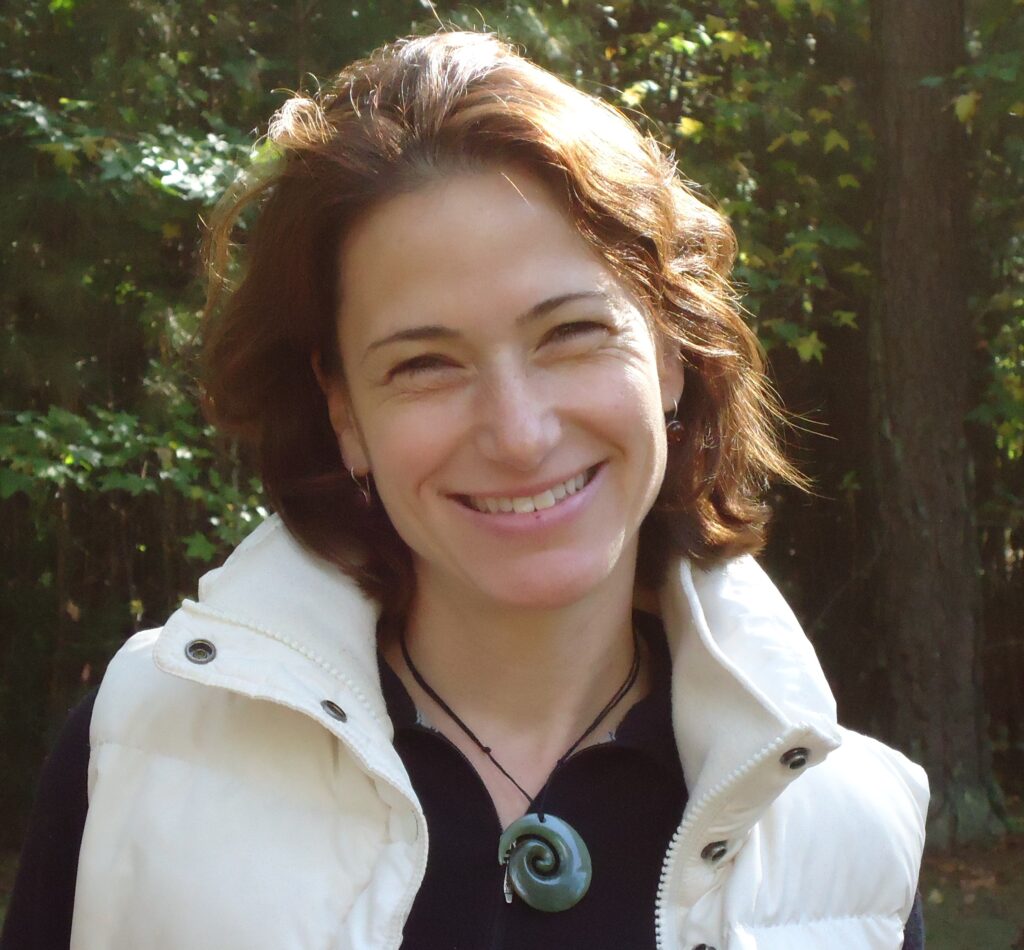
Marcy Rockman is an archaeologist with experience in national and international climate change policy. Her research focus is landscape learning – how humans gather, remember, and share environmental information – and she’s used this to address situations as diverse as cultural resource management in the American West and homeland security risk communication in Washington, DC. From 2011-2018 she served as the inaugural US National Park Service (NPS) Climate Change Adaptation Coordinator for Cultural Resources. Her recent projects have included serving as Co-chair on behalf of International Council on Monuments and Sites (ICOMOS) alongside UNESCO and the IPCC for the International Co-Sponsored Meeting on Culture, Heritage, and Climate Change, Scientific Coordinator for the ICCROM-led conference Climate.Culture.Peace, and lead for climate science-policy connections with Co-Equal, a nonprofit in Washington, DC that provides research and procedural support to the US Congress.
Dr. Rockman holds a Ph.D. in Anthropology from the University of Arizona, and B.Sc. in Geology from the College of William and Mary. Her major publications include Colonization of Unfamiliar Landscapes: The Archaeology of Adaptation, Archaeology in Society: Its Relevance in the Modern World, and the NPS Cultural Resources Climate Change Strategy.
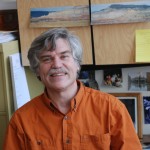
Vernon L. Scarborough is Distinguished University Research Professor and Charles Phelps Taft Professor in the Department of Anthropology at the University of Cincinnati (see personal webpage). His work focused on past and present water systems spanning across the U.S. Southwest, Belize, Guatemala, Indonesia, Greece, Pakistan, and Sudan. Examining past engineered landscapes, Vernon addresses both ancient and present societal issues from a comparative ecological and transdisciplinary perspective, as demonstrated in his 2003 book The flow of Power (SAR press). Vernon is a key research in the IHOPE theme Water for Life and the editor of Water and Humanity: A Historical Overview (published by UNESCO), he is a Senior Editor for WIREs Water Journal and a Series Editor for New Directions in Sustainability and Society .
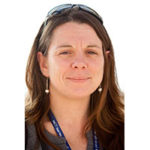
Federica Sulas (Ph.D. Cantab. 2010) is a Senior Lecturer in archaeology at the Department of Historical Studies, University of Gothenburg. As an archaeologist with expertise in geoarchaeology and landscape historical ecology, her main research interests are in resource practices, agro-urban landscapes, and water-energy-food nexus relations. Federica has conducted field research in Ethiopia, Tanzania, South Africa, Zimbabwe, Zambia, and Sardinia (Italy). Recently, she has published the first historical ecology study of traditional farming in Sardinia (Sa massaria: Ecologia storica dei sistemi di lavoro contadino in Sardegna, CNR, 2017) and, together with Innocent Pikirayi, Water and Societies from Ancient Times to the Present (Routledge, 2018). She is associate editor of WIREs Water.
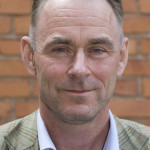
Sverker Sörlin is professor of Environmental History in the Division of History of Science and Technology at the Royal Institute of Technology, Stockholm, and he serves on the Advisory Board of the Stockholm Resilience Centre, where he is also senior researcher. He was the first director of the Swedish Institute for Studies in Education and Research, SISTER (2000-2003), and has held visiting positions at the University of California, Berkeley (1993), University of Cambridge (2004-05), and the University of Oslo (2006). Sverker is the co-founder of the KTH Environmental Humanities Laboratory. He has engaged in public debates on education and research policy, and in environment and policy advice; during 1994-1998, and again since 2005, he has served on the Swedish Government’s Research Advisory Board.
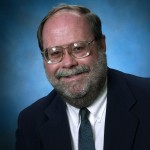
Joseph A. Tainter is Professor of Sustainability in the Department of Environment and Society, Utah State University. His interest in sustainability and complexity arouse early and was shown in his acclaimed book The Collapse of Complex Societies (Cambridge University Press, 1988). He is co-editor of The Way the Wind Blows: Climate, History, and Human Action (Columbia University Press, 2000), a work exploring past human responses to climate change. With T. F. H. Allen and T. W. Hoekstra he wrote Supply-Side Sustainability (Columbia University Press, 2003). His most recent book is Drilling Down: The Gulf Oil Debacle and Our Energy Dilemma, with Tadeusz Patzek (Copernicus Books, 2012).
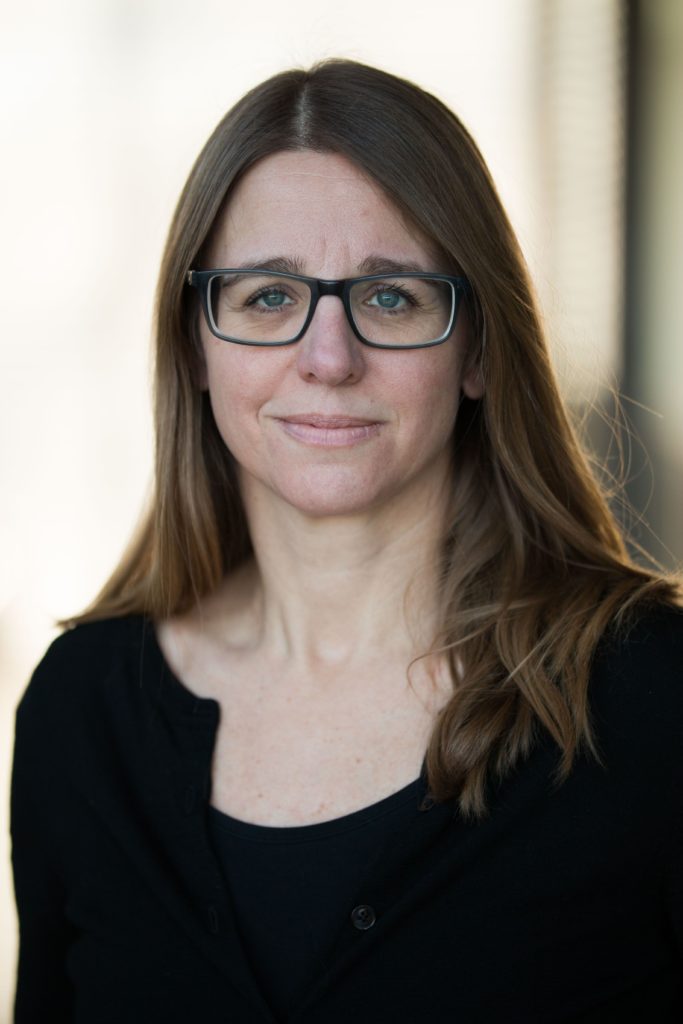
Erika Weiberg is Associate Professor and Researcher at the Department of Archaeology and Ancient history, Uppsala University. She is a specialist in Aegean prehistory, focusing especially on interdisciplinary analyses of past human-environment interaction on mainland Greece. The driving force is to identify the essence of societal change and any interlinkages with changing climate and environmental conditions over time. She is the project leader of two IHOPE-affiliated projects on the Peloponnese, with a special emphasis on method development in land use quantifications and the comparability of different data types. She has led two comprehensive syntheses of available records on human-environment dynamics in Greece, bringing together a large number of scholars from different disciplines and specialties, in pursuit of an integrated narrative conscious of challenges and possibilities in various datasets. She is engaged in increasing the number of paleoenvironmental record from the Peloponnese (through the sampling of caves and wetlands) and facilitating collaboration among scholars with a common interest in human-environmental dynamics in the Peloponnese and elsewhere. Her current research project focus on diversity as a resilience-building quality in ancient societies and seeks to incorporate a wider spectrum of archaeological, qualitative data on social change into broader scale studies on human-environment interaction.
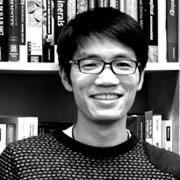
Yijie Zhuang is a geoarchaeologist based at the Institute of Archaeology, University College London. His main research interests lie in ecological, agricultural, and water-usage histories and how they shaped different social governance structures. He has conducted extensive fieldwork in China and other places such as Cambodia and Madagascar and has published a good range of peer-reviewed articles in interdisciplinary journals. Through his recent collaboration with an urban designer to reconstruct historical and contemporary water management in the Central Highlands of Madagascar, he has developed a keen interest in understanding how perceptions of future water management at communal and societal levels may be intricately linked to the opportunities and risks of past and present water management strategies. Through these interdisciplinary dialogues that involves multiple stakeholders, he firmly believes that archaeology and the study of past and contemporary ecological systems could contribute significantly to our collective response to future climate challenges.
